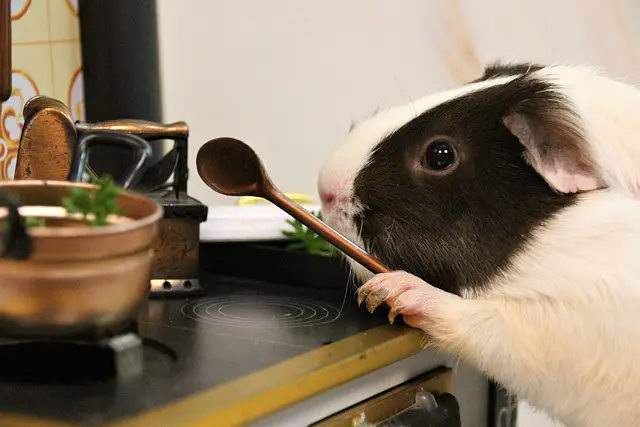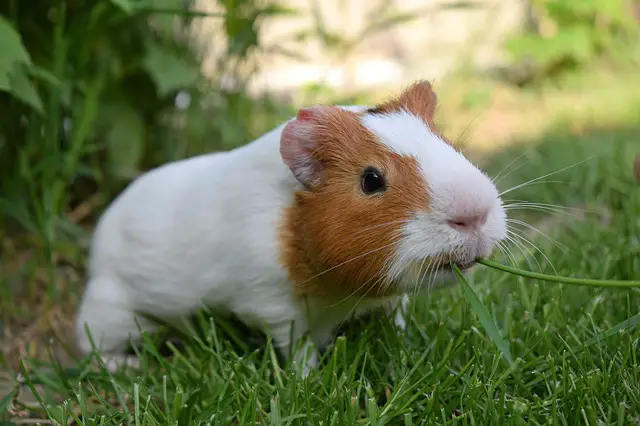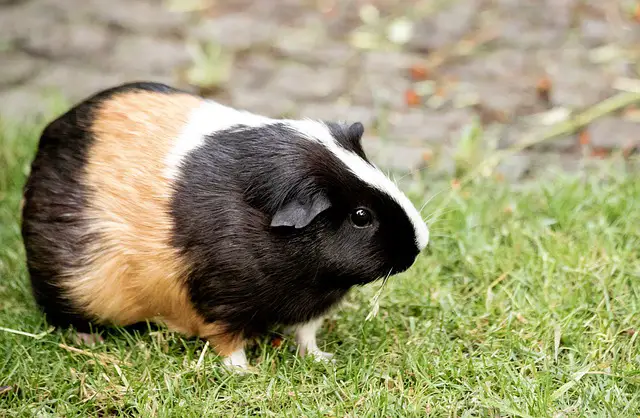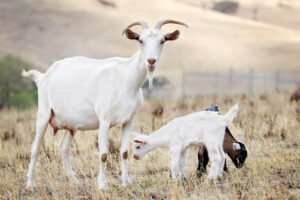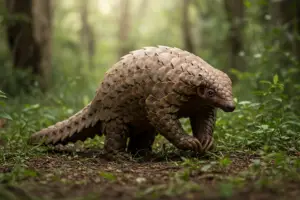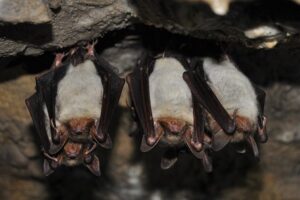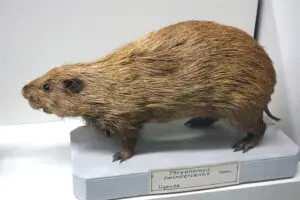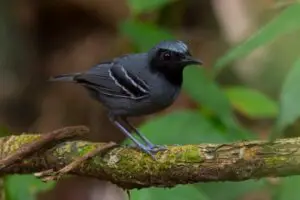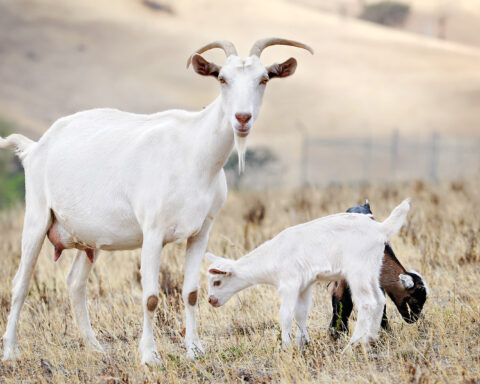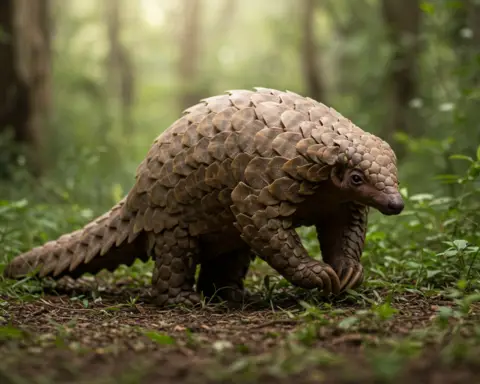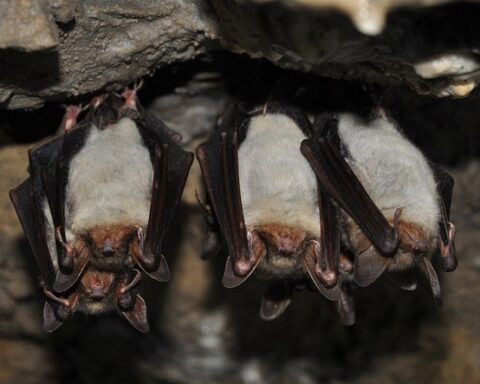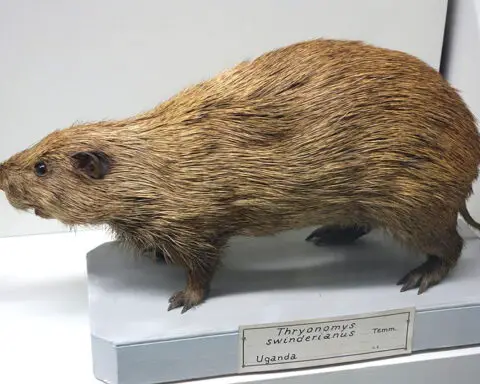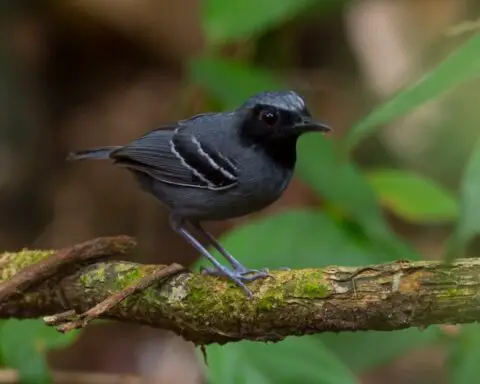You should also be aware of what to avoid feeding guinea-pigs. While some items may seem harmless, they can cause serious health problems. You should not give your guinea-pigs any of the following foods; this is not an exhaustive list.
What to feed Guinea Pigs
You might be considering adopting a Guinea Pig and would like to find out what foods they will eat. Or maybe you are already a Guinea Pig owner and would like to know if certain foods are okay for them to eat.
We’ll discuss:
What can guinea-pigs eat.
What foods can make them sick?
These are some Guinea Pig favorites that might surprise you.
Safe food for picky eaters
How to help your pet if they eat the wrong food
Based on my personal experiences, these suggestions for different foods, kibble and hay were made.
Fruits and vegetables
Guinea pigs are fond of fruits and vegetables. This is great for their health and happiness.
Different guinea-pigs may have different tastes, but they all love trying new fruits and vegetables. My guineas pigs love dark lettuces, carrots, and peppers. Ask your vet about Vitamin C-fortified Pellets if you have a picky eater. This will ensure that your pet gets the proper nutrition.
Below is a list of some of the most nutritious fruits and vegetables that guinea-pigs can eat. You should treat fruits as treats, since they are high in sugar. You should avoid making any drastic changes to your pet’s diet before you find out how they react.
Red pepper, green or yellow pepper: The highest Vitamin C content is found in red pepper.
Carrots: You can eat both the root and the green tops of carrots.
Apples: Make sure that they don’t contain seeds
Oranges
Leafy greens include Romaine, Boston, and red lettuce. To avoid diarrhea, you should only eat leafy greens in moderation. To avoid possible kidney problems, eat spinach sparingly.
Cucumbers
Broccoli: Avoid excessive consumption as it can cause gas pain.
Green beans
Grapes
Bananas
Dandelion greens
Cherry tomatoes: Use moderation
Cilantro
Parsley: Guinea Pigs love curly and flat parley. It smells great when you cut sprigs from the bunch!
These foods should not be fed to your Guinea Pig
Guinea pigs love a wide variety of flavors and types of fruits, but there are certain foods that they shouldn’t eat. Although they aren’t all poisonous, they should be avoided as they can cause stomach problems and low nutrition. Some are extremely poisonous for your piggie.
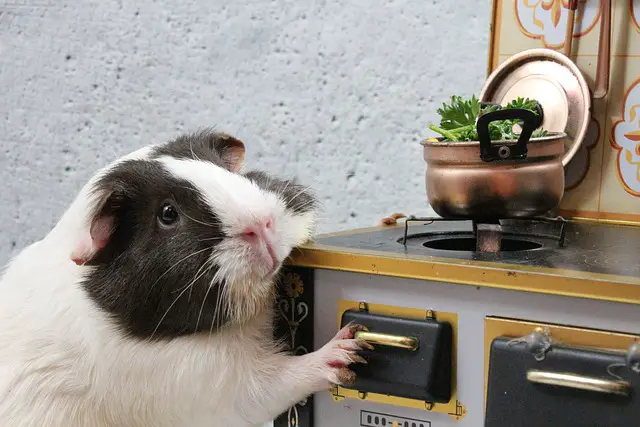 Like the good food list, this list doesn’t cover all possible foods. Wait until you have spoken to a veterinarian or asked someone who may know (like me!) before feeding your piggie.
Like the good food list, this list doesn’t cover all possible foods. Wait until you have spoken to a veterinarian or asked someone who may know (like me!) before feeding your piggie.
Don’t Feed:
Iceberg lettuce: Although it won’t harm your guinea-pig, if you only give it a small amount, it has very little nutritional value and is fibrous and watery. It has been reported to cause diarrhea in guinea-pigs. There are many other leafy, darker lettuces that you can choose from.
Any kind of cabbage: A small amount is unlikely to cause severe harm or death to your guinea-pig. However, it can be very harmful and dangerous for their delicate systems. If you can, avoid it.
Cauliflower: Very gas-producing. Cauliflower: Again, not poisonous.
Potato peelings: Potato skins can contain toxic substances, especially if they have turned green.
Raw beans do not necessarily refer to green beans. This can refer to raw, hard kidney beans and split peas as well as pinto beans.
Shelled nuts and seeds: Especially things like sunflower seeds, ‘bird seed’-type mixtures, pumpkin seeds, peanuts etc.
Rhubarb: Rhubarb’s leaves are poisonous and its stalks are extremely sour.
Any kind of meat
Dairy products: Although yogurt drops and other “treats” are available in many shops, dairy is harmful for guinea-pigs and can cause serious health problems. Give your guinea pigs natural treats such as vegetables instead of buying store-brand products. You’ll be happier and it will cost less.
Caffeine-rich chocolate, coffee and other products
Alcohol: It should be obvious!
Hamster, gerbil or rabbit food
Corn kernels: Popcorn is not a good idea. Guinea pigs can choke easily.
Sugary foods
Ice cream
Guinea pigs can’t eat certain foods
For a variety of reasons, there are many foods you should not give your guinea-pig. Some foods are poisonous and can cause gas, bloat, or choking hazards. For nutritional guidelines, you can consult a veterinarian who specializes in small animals or a book on guinea pig health.
Here is a short list of foods you should avoid giving your guinea-pig:
Caffeine-containing chocolate (or any other caffeine-containing food)
Onions
Garlic
Mushrooms
Iceberg lettuce
Avocados
Nuts
Potatoes
Seeds
Corn kernels
Peanut butter
Rhubarb
Cabbage
Bok choy
Dairy products
Bread
Meat
Also, you should not give your guinea-pig plants, flowers, or grass from your garden or yard as they could contain pesticides, or other hazards. Many houseplants can also be toxic so make sure to supervise them when they are out of their environment.
Vitamin C and scurvy in Guinea Pigs
Due to their inability of synthesize Vitamin C, Guinea pigs are at greater risk of getting Vitamin C deficiency (scurvy). Your guinea pig should consume 30-50mg of Vitamin C per day to combat scurvy. You can provide Vitamin C to your guinea-pig by providing treats or pellets with Vitamin C. But there are other options. These options are not as common as liquid and tablet forms of Vitamin C. Vitamin C can be supplemented with citrus fruits and vegetables. This allows the user to get Vitamin C from natural sources while still allowing him to have the variety and satisfaction that comes with a balanced diet.
You should immediately take your guinea-pig to the veterinarian if you notice any unusual behavior. Sneezing and crusty eyes are signs of illness. You can expect your guinea-pig to live for up to eight years if you take good care of it. Your guinea pig should be checked every year, just like any pet. Your veterinarian can help ensure your guinea-pig gets the right nutrition.

